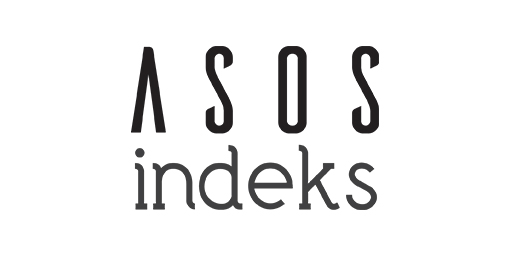ALIENATING MARKET ARCHAEOLOGY: TENDENCIES AND REFLECTIONS OF DE-FORMING IN GLOBALIZING ARCHAEOLOGY
DOI:
https://doi.org/10.32955/neuissar2024311042Keywords:
Market Archaeology, Archaeological Fiction, Alienating Archaeology, Western Paradigm, GlobalizationAbstract
In this paper, we discuss an issue that pushes the boundaries of disciplinary archaeology’s fundamental colonial and archaeological ethics. For this reason, the title of the study is The Archaeology of the Alienating Market, which we interpret as trends of de-forming. Our aim in this study is to examine the dimensions and relationship of non-disciplinary de-forming with global archaeology. The main method of our study is the interpretation of the findings. The constructed Western argument for official archaeology, which tends to fetishize the archaeological record, has created a more complex situation between archaeology and a range of market concerns that has given rise to a number of indigenous movements. As the 19th century development discourse entered a young discipline, the negative effects of the advance of capitalism were subjected to many political and commercial manipulations. During this period, the current state of popular archaeological representation presented a model of representation that was clearly at odds with the way archaeology was presented to public communities. The asymmetrical relationship between disciplinary knowledge in archaeology and local knowledge of past times, the interest in practices related to the materiality of the past in the present, has found its place in the market as “de-forming”. These tendencies, which have become central to archaeological practice in the marketplace, have led to a reconfiguration of the epistemological and ontological assumptions of the archaeological discipline. The emergence of doctrines of development of the production of archaeological knowledge, contingently embedded in different historical and political processes, has been accompanied by the emergence of different fields in their consequences. The industry of economic development through for-profit ventures is exemplified by the role of archaeology in the production of film, literature, tourism resources. Archaeological interdisciplinary reconstructions of past lives have been transformed into centers of attraction for a growing public ready to consume these new products. In light of all this, it can be argued that aesthetics and monumentality go hand in hand with global capitalism in the renewed rise of commercial values that place archaeological practice in a historical context that explicitly draws on, but does not require, a scientific narrative for successful commercialization.



